I have some data that doesn't fit a linear regression:
In fact should fit a quadratic function 'exactly':
P = R*I**2
I'm making this:
model = sklearn.linear_model.LinearRegression()
X = alambres[alambre]['mediciones'][x].reshape(-1, 1)
Y = alambres[alambre]['mediciones'][y].reshape(-1, 1)
model.fit(X,Y)
Is there any chance to solve it by doing something like:
model.fit([X,X**2],Y)

